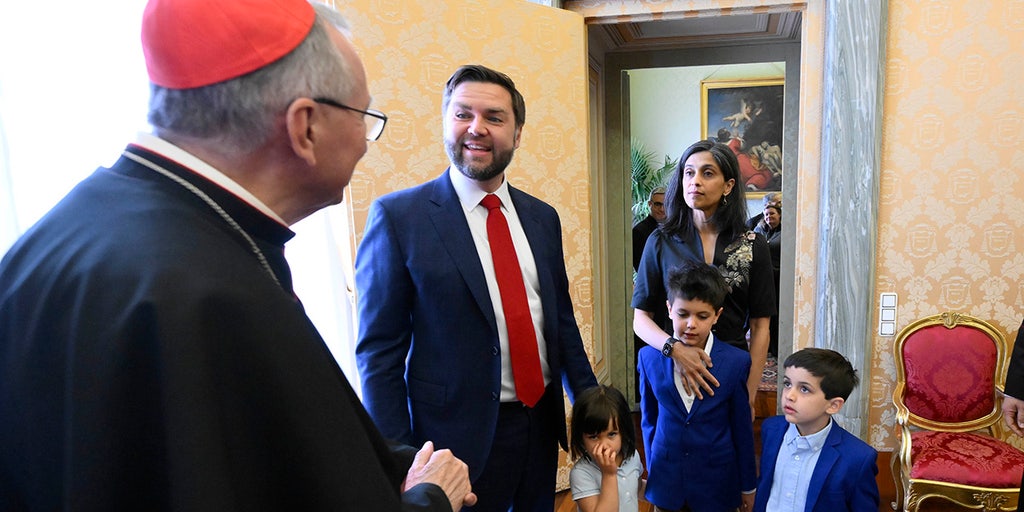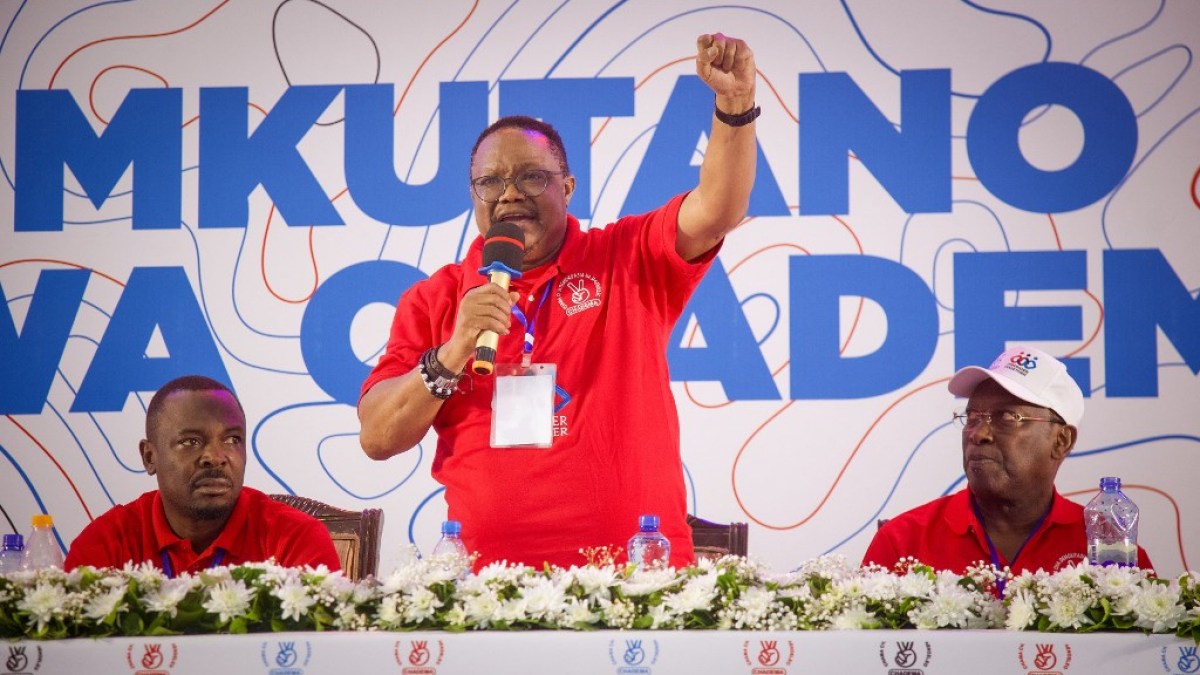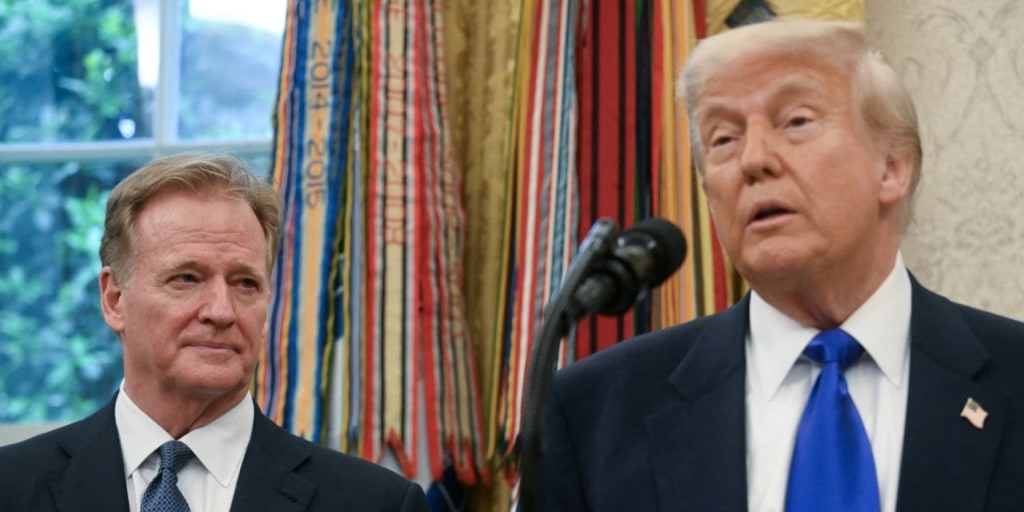Trade Tensions: Labor Unions Caught in the Crossfire of Tariff Tug-of-War
Politics
2025-04-28 12:00:00Content
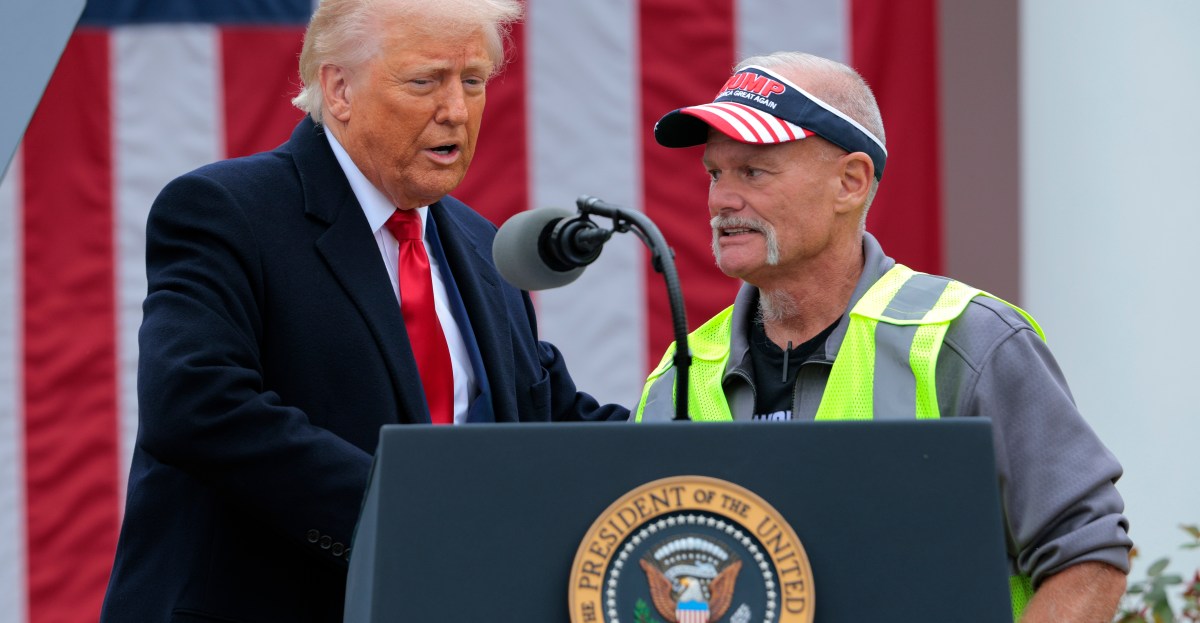
Trade Wars and Working-Class Dilemmas: The Complex Union Stance on Trump's Tariffs
In the intricate landscape of American trade policy, Donald Trump's tariff strategy has created a paradoxical situation for workers and unions. While conventional wisdom might suggest that protectionist trade measures would uniformly benefit American workers, the reality is far more nuanced.
Trump's aggressive tariff approach, particularly targeting industries like steel and manufacturing, promised to revive domestic production and protect American jobs. Initially, this narrative resonated with many working-class communities that had witnessed decades of industrial decline. Some unions, traditionally aligned with Democratic economic policies, surprisingly found themselves cautiously supporting these measures.
The United Steelworkers, for instance, initially welcomed tariffs on imported steel, arguing that they would level the playing field for domestic manufacturers. By making foreign steel more expensive, the union believed these policies could reinvigorate American steel production and preserve jobs.
However, the economic consequences were more complicated. While certain sectors saw short-term benefits, many businesses faced increased production costs. These expenses were often passed down to consumers, effectively creating a hidden tax that disproportionately impacted working-class families.
The tariffs' mixed results exposed a fundamental tension: protection versus broader economic impact. Some unions recognized that while targeted protections might help specific industries, the overall economic disruption could harm workers more extensively.
As the trade war unfolded, the initial union enthusiasm gradually gave way to a more critical assessment. Workers began experiencing the complex ripple effects of these policies, challenging the simplistic narrative of economic nationalism.
This nuanced story reveals the intricate relationship between trade policy, labor interests, and economic reality—a reminder that global economic dynamics rarely conform to straightforward solutions.
Labor's Paradox: When Protectionist Policies Divide Union Loyalties
In the complex landscape of American labor politics, a peculiar phenomenon has emerged where traditional union allegiances are being tested by controversial trade policies. The intersection of economic nationalism, worker protection, and international trade has created a nuanced battleground where long-standing political assumptions are being dramatically challenged.Unraveling the Economic Tensions Reshaping Labor's Political Landscape
The Shifting Dynamics of Trade and Worker Representation
The contemporary labor movement finds itself at a critical crossroads, where historical narratives of worker solidarity are being fundamentally reexamined. Traditionally, unions have championed workers' economic interests through collective bargaining and political advocacy. However, recent protectionist trade policies have introduced unprecedented complexity into these established relationships. Unions representing manufacturing and industrial sectors have found themselves increasingly receptive to economic strategies that prioritize domestic production, even when those strategies might contradict broader progressive economic principles. This strategic realignment reflects a pragmatic approach to preserving American manufacturing jobs in an increasingly globalized economic environment.Economic Nationalism and Union Strategic Calculations
The implementation of tariffs represents a multifaceted policy instrument that unions are evaluating through a nuanced lens. While traditional economic theory suggests that protectionist measures can potentially harm consumer interests and overall economic efficiency, some unions perceive these policies as a potential lifeline for domestic industrial sectors facing intense international competition. Certain unions have calculated that short-term protectionist measures might provide critical breathing room for domestic industries struggling against international competitors with significantly lower labor costs. This strategic calculation involves balancing immediate job preservation against potential long-term economic consequences.The Complex Psychological Landscape of Worker Solidarity
Union leadership's support for protectionist policies reveals deeper psychological dynamics within labor movements. The emotional resonance of preserving American manufacturing jobs often transcends purely economic considerations, tapping into profound narratives of industrial pride and national economic sovereignty. Workers in sectors like steel, automotive manufacturing, and heavy industrial production have historically viewed trade policies through a lens of existential survival. The potential loss of industrial jobs represents more than an economic challenge—it symbolizes a fundamental threat to community identity and generational economic stability.Political Realignment and Ideological Transformation
The emerging political landscape demonstrates how traditional left-right political dichotomies are becoming increasingly blurred. Unions that historically aligned with progressive political movements are now finding common ground with economic nationalist rhetoric that promises job protection and industrial revitalization. This ideological reconfiguration challenges established political narratives, suggesting that worker interests cannot be simplistically categorized within conventional partisan frameworks. The nuanced responses of different unions to trade policies highlight the complex, multidimensional nature of contemporary labor politics.Global Economic Pressures and Domestic Adaptation
International economic competition has fundamentally transformed the context in which unions operate. Technological disruption, automation, and global supply chain restructuring have created an environment where traditional union strategies require radical reimagination. Protectionist policies are increasingly viewed not as a comprehensive solution but as a tactical response to rapidly evolving global economic challenges. Unions are recognizing the need for adaptive strategies that balance immediate job preservation with long-term workforce development and skills training.The Future of Labor Representation
As economic landscapes continue to transform, unions face the critical challenge of redefining their role and strategic approach. The support for protectionist policies represents more than a temporary political alignment—it signals a profound reevaluation of how worker interests can be effectively represented in a globalized economy. The ongoing dialogue between economic policy, worker representation, and national industrial strategy will continue to evolve, challenging existing paradigms and demanding innovative approaches to protecting American workers' economic interests.RELATED NEWS
Politics
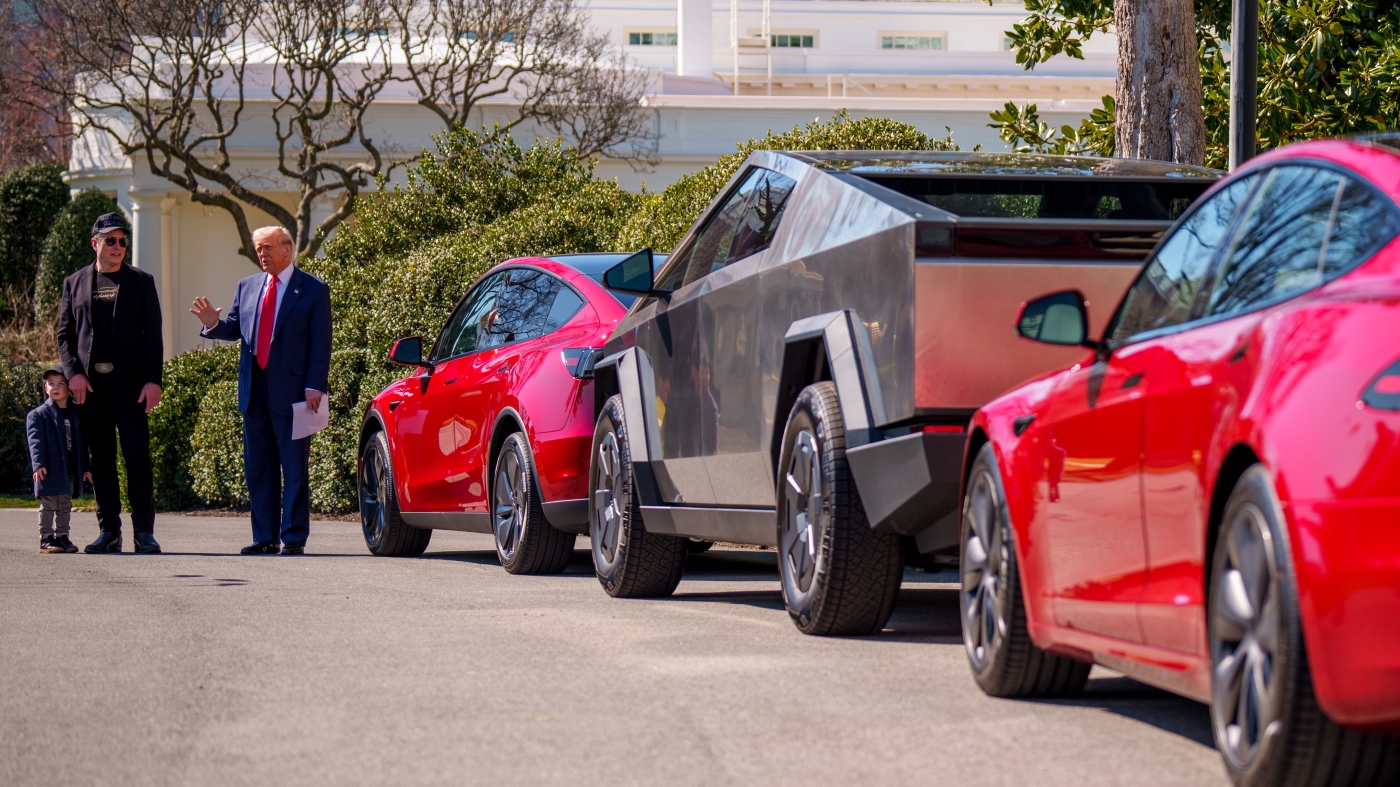
Tesla's Political Crossroads: Can Musk's Electric Revolution Win Over the GOP?
2025-03-13 16:15:16
Politics
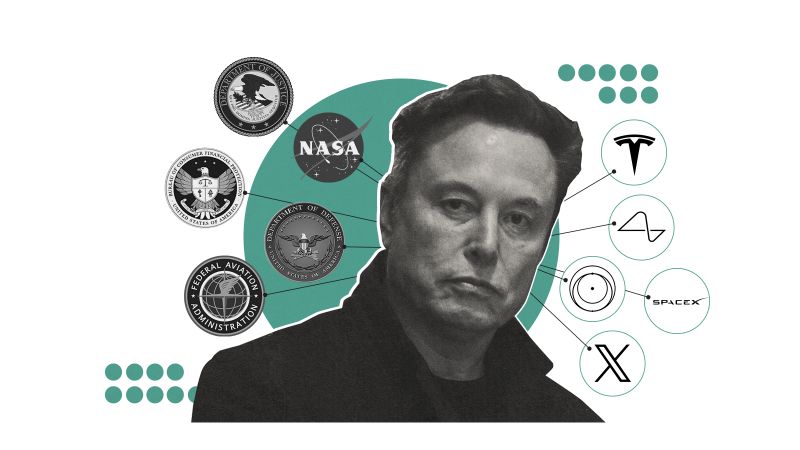
Musk's Empire: Navigating the Ethical Tightrope Between Innovation and National Security
2025-05-03 10:30:51
Politics
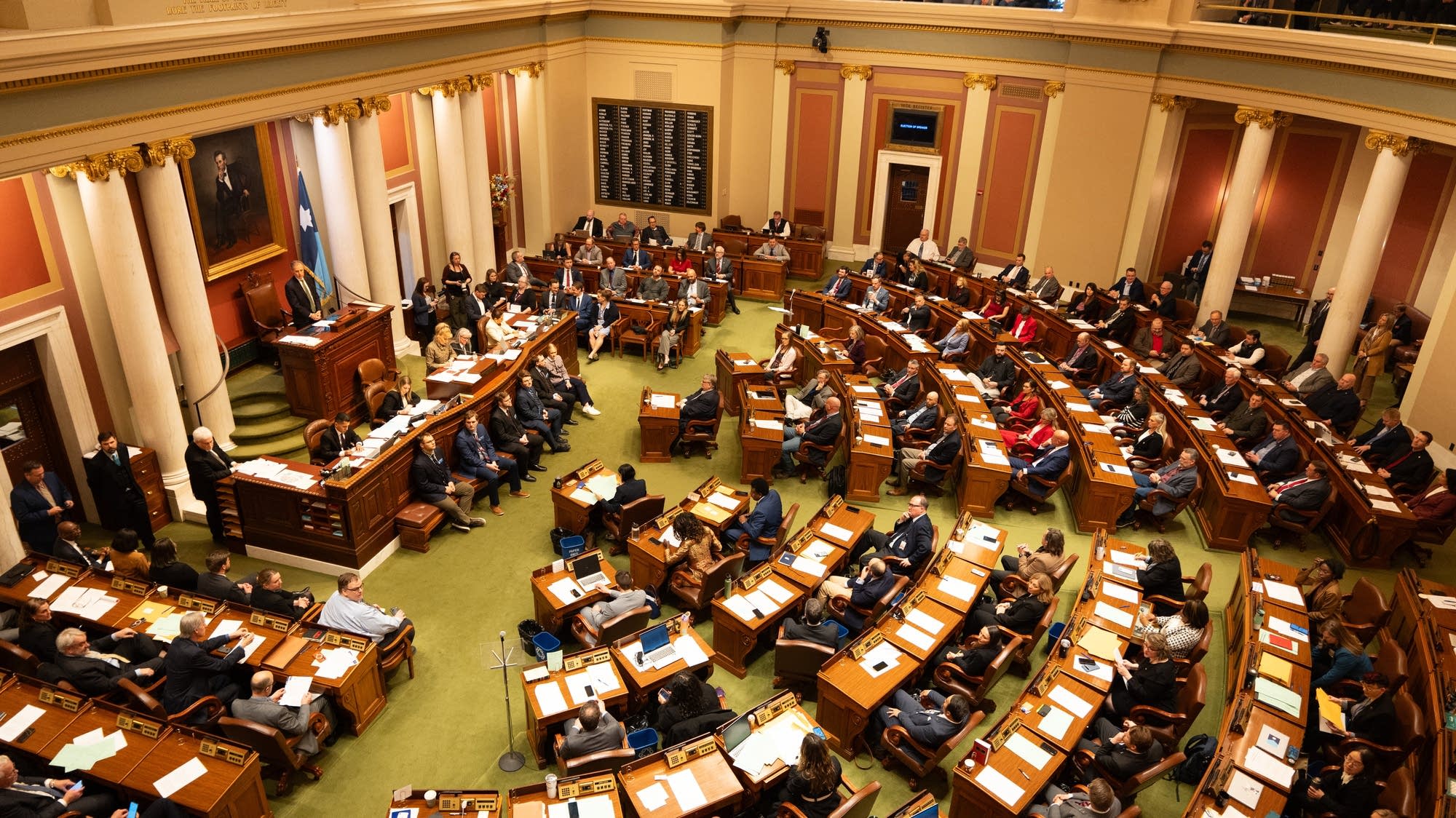
Balanced Power Play: Why a Split Legislature Could Spark Minnesota's Political Renaissance
2025-03-18 23:19:00

